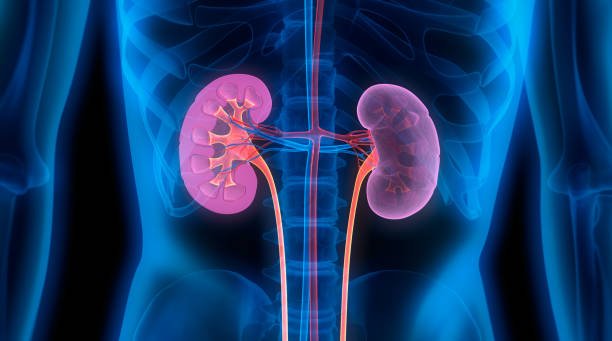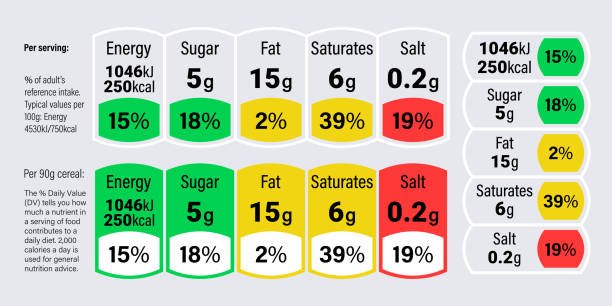
Be Careful if You Like to Eat Something Too Salty! Beware of High Blood Pressure and Kidney Failure Coming to You
Salt is one of the important nutrients for the human body. Before humans evolved to modern times, the body’s need for salt was deeply embedded in the brain, causing people to seek out foods containing salt. However, with the evolution of human beings and the progress of the environment, salty food has become ubiquitous now. It is not as difficult to obtain as in primitive life, but our desire for salt still exists in the brain, making us constantly want to eat salty food. Addicted.
But consuming too much salt can lead to some serious modern diseases. When salt intake exceeds the human body’s required standards, the human body’s blood pressure will gradually increase, gradually forming high blood pressure (Hypertension), which will further affect the human body’s kidney function, and in severe cases, it may cause renal failure (End-stage renal disease, ESRD) , also known as end-stage renal disease).
Consuming large amounts of salt may cause kidney failure
Salt causes water to be retained in the body, which affects the function of the kidneys. If your diet contains too much sodium, your body will accumulate excess water. In addition to possible edema, it will also cause blood pressure to rise sharply and cause damage to various organs in the body.
The kidneys are responsible for expelling useless fluids. After the excess water passes through the filtration system, it will form urine and be sent to the bladder to wait for elimination. The above process relies on the balance of sodium (Sodium) and potassium (Potassium) to help guide water from the blood cell walls to the bladder. Excessive salt intake will destroy this balance, making it difficult for the kidneys to complete normal functions and leading to water retention. in the body, causing blood pressure to rise.
The extra pressure placed on the blood vessel walls can gradually damage the kidneys. As time goes by, the kidneys will also lose their detoxification function in addition to lesions. If left untreated, it will lead to renal failure and autotoxicity.

Excessive salt intake is one of the main causes of high blood pressure
Consuming too much salt can also build up stress and weaken the walls of your arteries. In order to resist the pressure, the arterial walls of the blood vessels will begin to thicken, causing the arteries to become narrower and the pressure to rise, eventually causing the arteries to rupture or become blocked. As a result, the organs connected to these arteries will be unable to obtain oxygen, resulting in hypoxia and severe The organ may die permanently as a result. If this occurs in the arteries connected to the heart, chest pain and discomfort may occur, which can easily lead to a heart attack.
7 tips for reducing salt
- Eat less processed food. Most of the salt intake of modern people comes from processed food. Therefore, eating less processed food can reduce salt intake.
- Make it a habit to read food ingredient lists.
- Plan your daily meals in advance.
- Pay attention to your daily sodium intake. The Ministry of Health and Welfare recommends a total daily sodium intake of 2,400 mg (6 grams of salt).
- When cooking, use an appropriate amount of spices, such as spices or chilies, instead of salt to maintain a certain degree of flavor in the food without being too salty.
- When eating out, try to choose restaurants that offer dishes made from natural foods rather than processed foods such as burgers, French fries, and nachos.
- Choose daily foods with reduced sodium or salt, but when eating, be careful not to overeat because the food itself has reduced salt.













